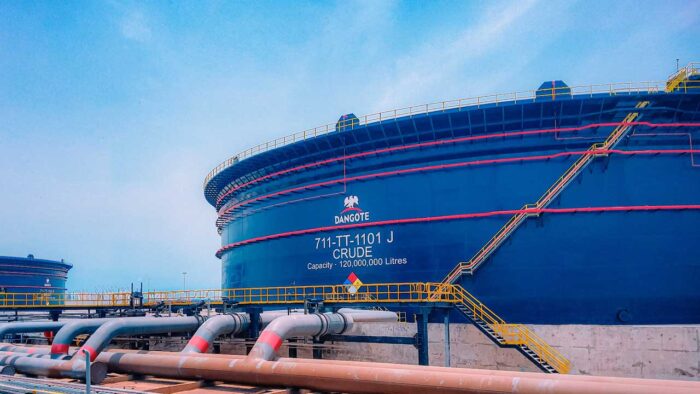
Energy giant BP has reported record annual profits after oil and gas prices surged last year following Russia’s invasion of Ukraine.
The company’s profits more than doubled to $27.7bn (£23bn) in 2022, compared with $12.8bn the year before.
Other energy firms have seen similar rises, with Shell reporting record earnings of nearly $40bn last week.
The profits have led to calls for energy firms to pay more tax as households face rising bills.
Energy prices had begun to climb following the end of Covid lockdowns but rose sharply in March last year after Russia invaded Ukraine, sparking concerns about supplies.
The price of Brent crude oil reached nearly $128 a barrel following the invasion, but has since fallen back to about $80. Gas prices also spiked but have come down from their highs.
It has led to bumper profits for energy companies, but also fuelled a rise in energy bills for households and businesses.
Last year, the UK government introduced a windfall tax – called the Energy Profits Levy – to help fund its scheme to lower gas and electricity bills.
The windfall tax only applies to profits made from extracting UK oil and gas. The rate was originally set at 25%, but has now been increased to 35%.
Oil and gas firms also pay 30% corporation tax on their profits as well as a supplementary 10% rate. Along with the new windfall tax, that takes their total tax rate to 75%, although companies are able to reduce the amount of tax they pay by factoring in losses or spending on things like decommissioning North Sea oil platforms.


